Quantum computing is an exciting and rapidly developing field of computer science that aims to harness the unique properties of quantum mechanics to solve problems that are beyond the reach of classical computers. In this article, we'll explore what quantum computing is, how it works, and what the future of quantum computing could hold.
What is Quantum Computing?
Quantum computing is a type of computing that uses quantum bits, or qubits, to store and process information. Unlike classical bits, which can only be in one of two states (0 or 1), qubits can exist in multiple states at the same time, a phenomenon known as superposition. This allows quantum computers to perform many calculations in parallel, making them much faster and more powerful than classical computers for certain types of problems.

How Quantum Computing Works
Quantum computing is based on the principles of quantum mechanics, which is the study of how particles at the subatomic level interact with each other. Quantum computers use qubits to store and process information, which are typically represented by the states of subatomic particles such as electrons or photons.
In quantum computing, information is processed through quantum algorithms, which are designed to take advantage of the unique properties of qubits. For example, the quantum algorithms used for factoring large numbers make use of the fact that qubits can exist in multiple states at the same time, allowing the computer to try out multiple solutions simultaneously.
Quantum algorithms are performed using quantum gates, which are operations that modify the state of qubits. In a quantum computer, the state of a qubit can be changed by applying a quantum gate, and this is how information is processed and manipulated.
Potential of Quantum Computing
Quantum computing has the potential to revolutionize many fields, from cryptography and secure communication to drug discovery and optimization problems. In cryptography, quantum computers can solve certain mathematical problems much faster than classical computers, making it possible to break many of the encryption algorithms that are currently used to secure our communications and data.
In fields such as drug discovery, quantum computers can be used to simulate the interactions of molecules, helping researchers to design and test new drugs faster and more effectively. In optimization problems, quantum computers can find the optimal solution to a problem much faster than classical computers, which can be useful in fields such as logistics and finance.
The Future of Quantum Computing
Quantum computing is still in its early stages, and much research is needed to fully realize its potential. Currently, quantum computers are limited by the number of qubits they can use and the difficulty of controlling and manipulating qubits. However, as the field continues to grow and advances are made, it is likely that quantum computers will become increasingly powerful and versatile, transforming the way we live and work.
In conclusion, quantum computing is a fascinating and rapidly developing field that holds great promise for the future. With its ability to perform many calculations in parallel and solve problems that are beyond the reach of classical computers, quantum computing has the potential to revolutionize many fields and change the world as we know it.

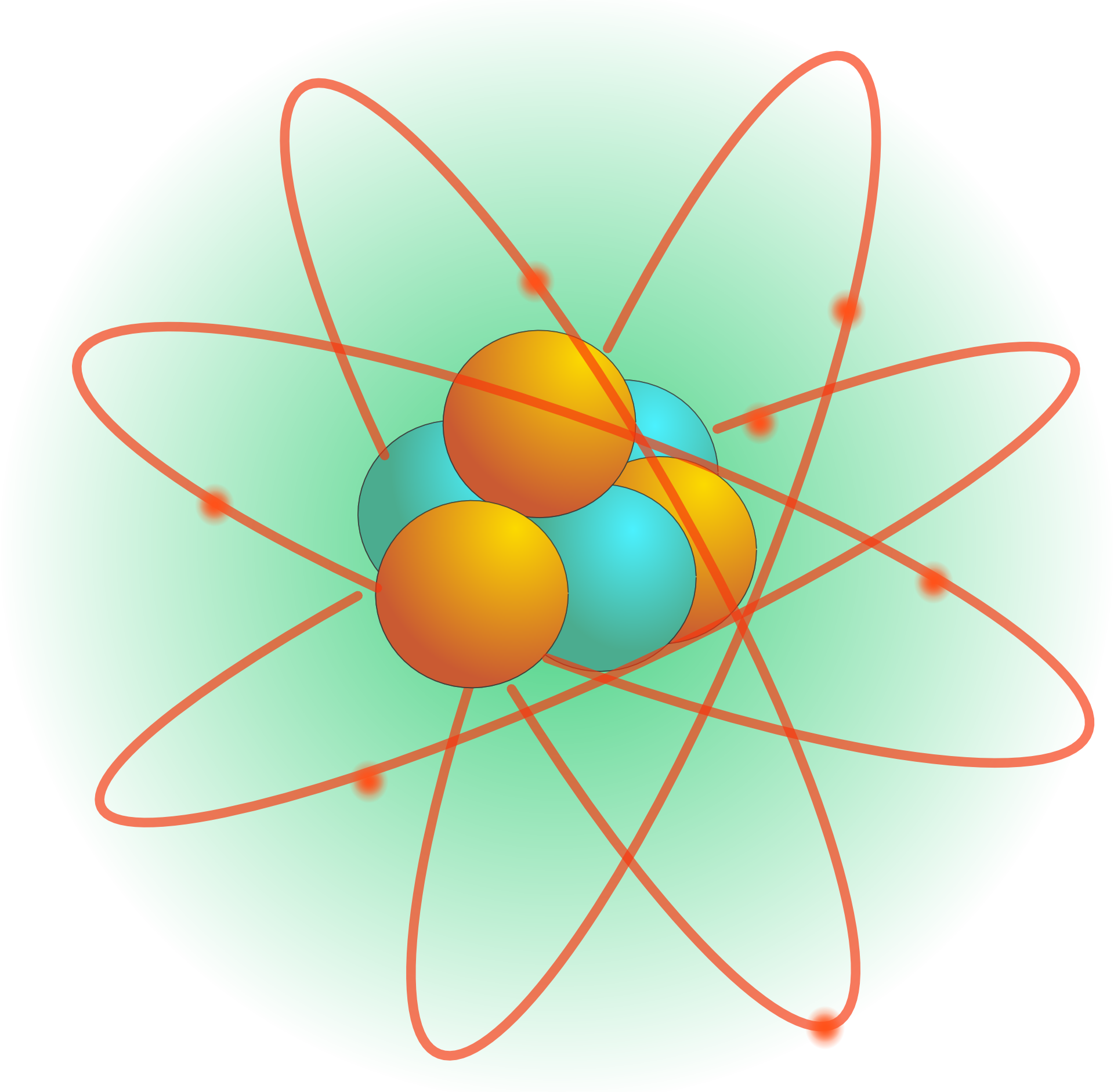




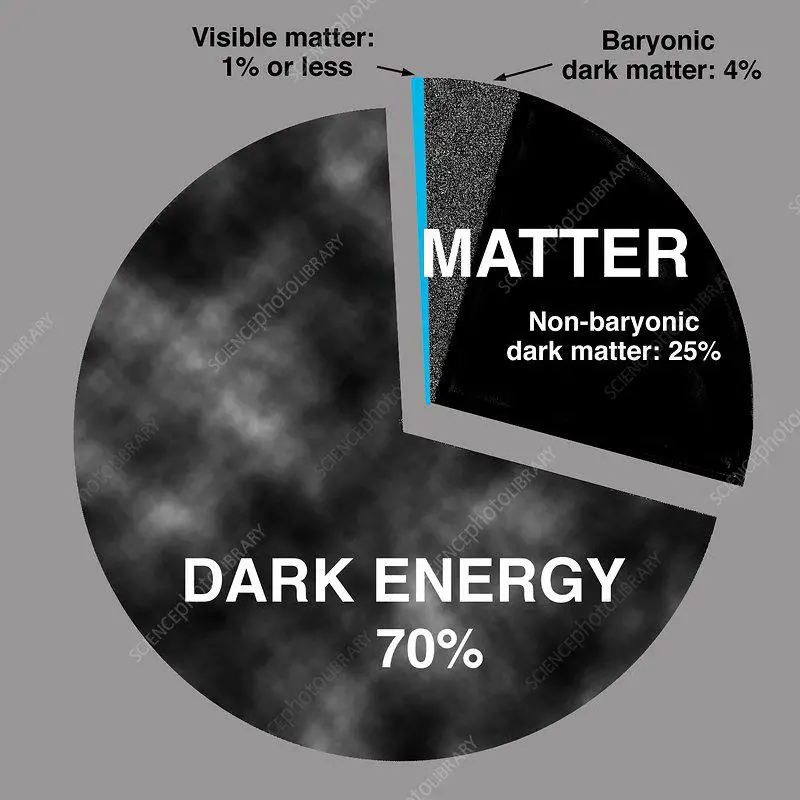
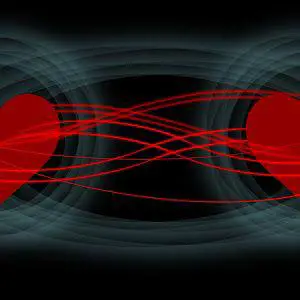




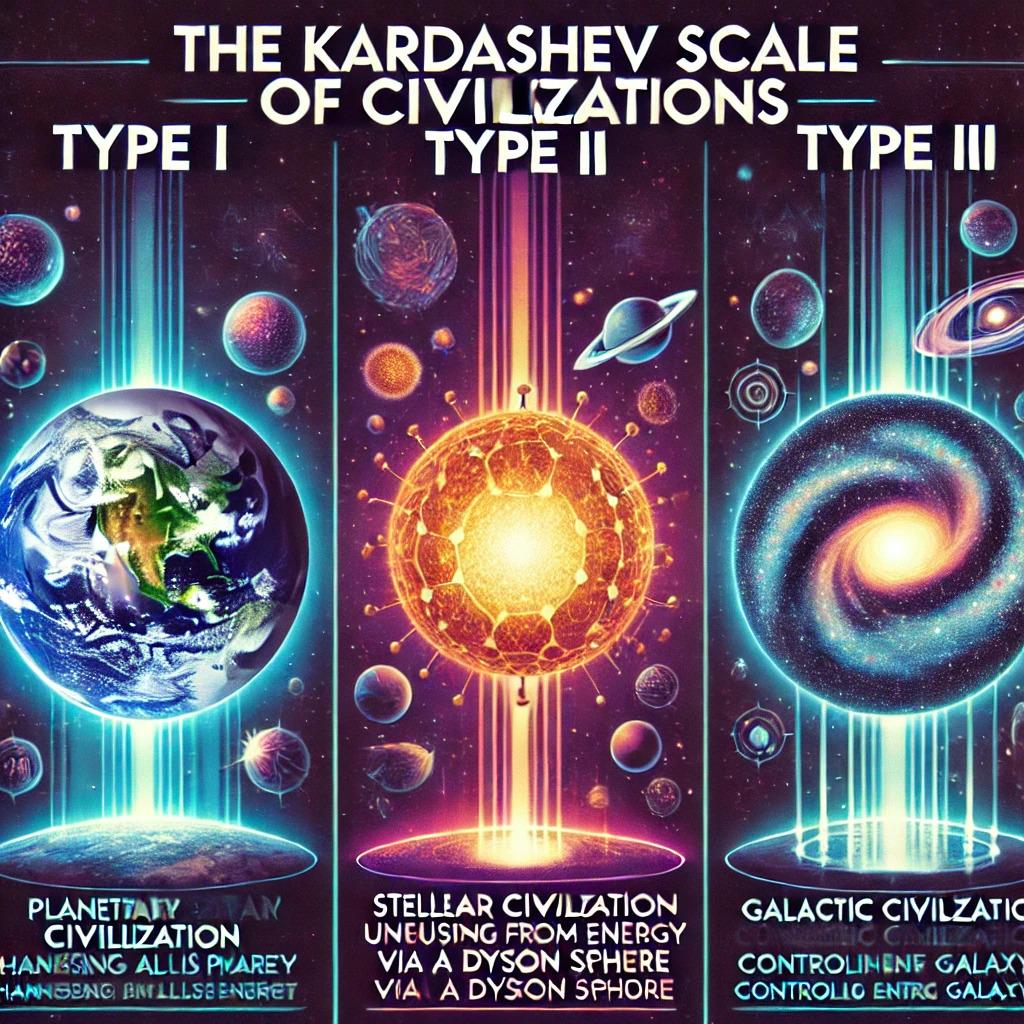




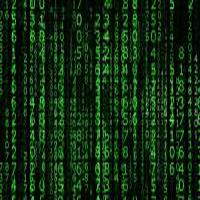



0 Comments, latest